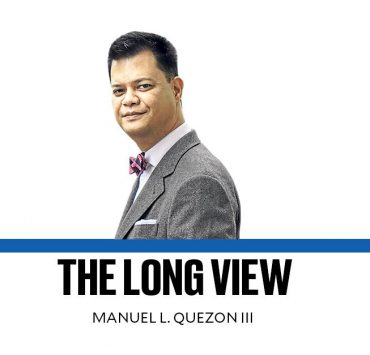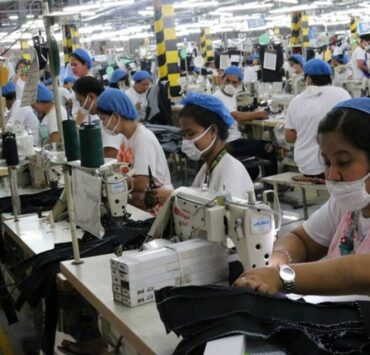‘Dynamic shift’ in PH workforce

A “dynamic shift” has been observed among Filipino youth either in or entering the labor force, one that the government and the private sector cannot afford to ignore if they want this new generation to become productive members of a fast-growing Philippine economy.
According to the Department of Labor and Employment (DOLE), young Filipinos looking for decent employment against a backdrop of rising costs of living and evolving dynamics in both the government and private sector are “increasingly seeking not just any job, but meaningful work that aligns with evolving global demands.”
“This includes a growing interest in flexible work arrangements, digitally driven roles and contributions to sustainable practices,” said Labor Undersecretary Carmela Torres.
Given this, Torres said the government must be “flexible” and nimble enough to adapt quickly to the demands of this latest cohort in the labor force, thus the call for increased training such as in digital skills as well as new strategies to match the wants, needs and the capabilities of the young workers. This will ensure that they are “well-prepared for the jobs of tomorrow, particularly in emerging green and digital sectors.”
DOLE estimates that there are 6.415 million youth—those aged 15 to 24 years old—in the labor force as of April 2025, of which 88.5 percent or 5.67 million are employed. And new workers continue to be added every year in step with the growth in the country’s young population.
Sen. Sherwin Gatchalian echoed the call for the government to enable flexible working arrangements for young talents, from telecommuting—where they can work remotely from anywhere with an internet connection—to work from home (WFH) or hybrid arrangements where they only need to report physically in their office on some days of the work week.
Gen Z workforce
“The government and private sector must quickly adapt to the growing preference of young talents for flexible work,” said Gatchalian. The senator warned that delaying the passage of measures to promote these flexible working arrangements and digital upskilling could mean losing the youth to opportunities abroad and to employers better aligned with their needs.
Various studies here and abroad have come to the same conclusion that the Gen Z workforce—those born between 1996 and 2012 that accounts for roughly 32 percent of the global population and the largest share of entry-level employees in the workforce—is vastly different from the generation of their parents and grandparents, from the type of companies they want to work for and what they conceive to be important in the workplace.
These young workers do not just expect a “healthy balance” between their professional lives and their personal pursuits—they demand it. Thus explains the growing preference for flexible work arrangements that emerged in 2020 following the COVID-19 pandemic and continue to be fully embraced.
Work and leisure
For many of these young white-collar workers, there is no logic to dealing with the stress of going to an office every day when they can be just as productive—perhaps even more—working from where they feel most happy and comfortable.
Working from home, for example, saves them not just money but more importantly time that is wasted on the notoriously long and difficult commutes in the Philippines. Then being able to work from anywhere with a strong and stable internet connection allows them to seamlessly combine work and leisure.
This, however, will require what DOLE did acknowledge as reforms for fear that those who embrace the fully hybrid or work-from-home setup would be evaluated for their performance differently from those who physically go to work.
This means stricter and more consistent enforcement of the Telecommuting Act passed in 2019 that recognized the need even prior to the pandemic that with the rise of digital technology came opportunities to work outside of the traditional office setup.
Required protection measures
The Telecommuting Act comes with required protection measures to ensure that workers can fully embrace these new and alternate avenues to carry out their work to benefit both themselves and their employers. Clear guidelines must be in place to ensure that productivity does not suffer under WFH or hybrid arrangements.
Then for those who are freelancing or working remotely as virtual assistants, for example, must be provided support in terms of legal protection from short-term employers who may renege on their contractual obligations plus easier access to medical insurance and retirement programs to ensure adequate social protection even if they are working for themselves or for employers abroad.
Indeed, flexible work arrangements and work-life balance are no longer just nice-to-haves but must-haves in today’s workplace and should be given greater focus and attention by the government and the private sector if the Philippines is to empower the young Filipino workforce to drive innovation, raise productivity, and sustain long-term growth for the Philippines.





















